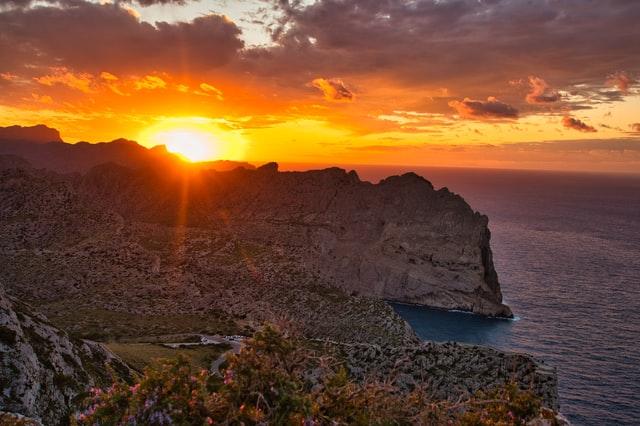
The Balearic Islands will hold a citizens' assembly on climate this year to debate the impact of the climate crisis, promote citizen participation in the political process and find joint solutions to the consequences of climate change in the archipelago. The initiative stems from the Interdisciplinary Laboratory on Climate Change at the University of the Balearic Islands (LINCC UIB), and the President of the Regional Government, Francina Armengol, has announced the Government's support for the meeting to be held, after a meeting with representatives of the UIB research group last Monday.
It will be the first citizens' assembly to be held at the regional level in Spain, and also the first to be held in an archipelago, and its proposals will complement those obtained through the state assembly promoted by the Ministry of Ecological Transition, which held its first session last week.
The assembly aims to answer the question "what do we have to do in the Balearic Islands before 2030 to face the climate emergency in an effective and socially just way?" through sessions in which representatives of the public and experts will debate issues such as mobility, marine and terrestrial ecosystems and energy. Although their decisions will not be binding, the consensus reached will be submitted to the relevant institutions.
In addition to the Government, which will contribute €200,000 to the project, other institutions, such as the island councils of the four islands (Mallorca, Menorca, Eivissa and Formentera), will also participate.
After the meeting, President Armengol highlighted "the broad institutional position on the need to develop an educational approach" in the face of "the most important challenge we have as a society, which is climate change". The president recalled that "for six years we have been working on measures" to alleviate the effects of climate change, but "this is not just a political issue, but an approach by society as a whole, a participatory process that gives it the added value of a mature democracy".
Armengol said that the Balearic Islands is "the first autonomous experience" because the islands are "an absolutely ideal territory to do so", as "it has been more than proven that the Mediterranean is one of the areas most affected by the effects of climate change".
In the Balearic Islands, thanks to a grant from the European Climate Foundation (ECF), preliminary diagnostic work was carried out to develop a proposal that takes into account the specificities, challenges and opportunities of being islands in order to establish a successful citizens’ climate assembly.
Citizens' Climate Assemblies
They are an instrument that is used to reach broad consensus on highly complex issues. To select members, a stratified and representative sample of society is taken (by age, gender, income, level of education, etc.) and a civic lottery is held to select participants. Citizens' assemblies are a way of generating consensus, but their function is also to promote citizen participation in the political process.
More information about citizens’ climate assemblies can be found at the Knowledge Network on Climate Assemblies (KNOCA), with which the team from the University of the Balearic Islands has worked to develop the proposal.
